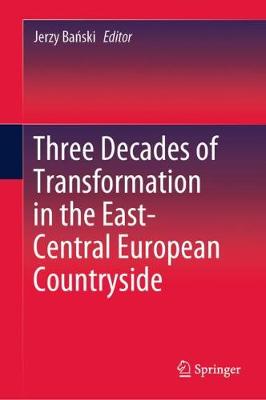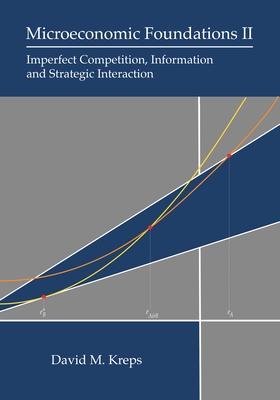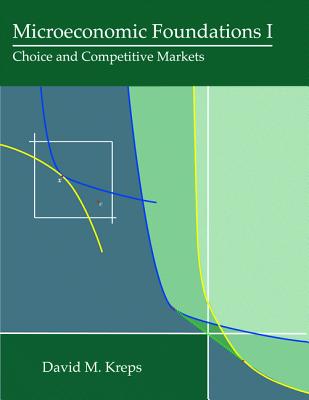
Three Decades of Transformation in the East-Central European Countryside
东中欧农村30年的转型
农业经济学
¥
1105
售 价:
¥
884.00
优惠
平台大促 低至8折优惠
发货周期:预计8-10周发货
作 者
出版时间
2019年09月05日
装 帧
精装
页 码
329
语 种
英文
综合评分
暂无评分
- 图书详情
- 目次
- 买家须知
- 书评(0)
- 权威书评(0)
图书简介
This book identifies, diagnoses and evaluates social and economic processes taking place in the rural areas of Central and Eastern Europe (CEE) states in the last 25 years and affecting the immediate future, with a particular focus on their spatial diversity. It addresses questions related to the rationality of the current development policy and possible results in the future. Contemporary processes of socio-economic development are typified by the fact that spatial and regional disparities are tending to increase. This unfavourable phenomenon manifested both in society and in terms of polarised space needs to be counteracted using an effective development policy.The book highlights issues concerning demography, functional structure and non-agricultural activity, and identifies new challenges arising from membership of the European Union (EU). Accession to the EU and the opportunity to implement support measures has further increased the dynamism of transformation – a process that proceeded under various scenarios and different regulations and assumptions that have yet to be identified and evaluated. Furthermore, the current internal policies of individual CEE states concerning rural areas are diverse and likely to affect differential future development.The book is based on the knowledge and experience of scientists from countries in the region investigated, who have the best understanding of the subject matter and have observed the transformations. It is intended for researchers exploring the development of the countryside and practitioners dealing with regional and national development policies targeting rural areas.
本书暂无推荐
本书暂无推荐














